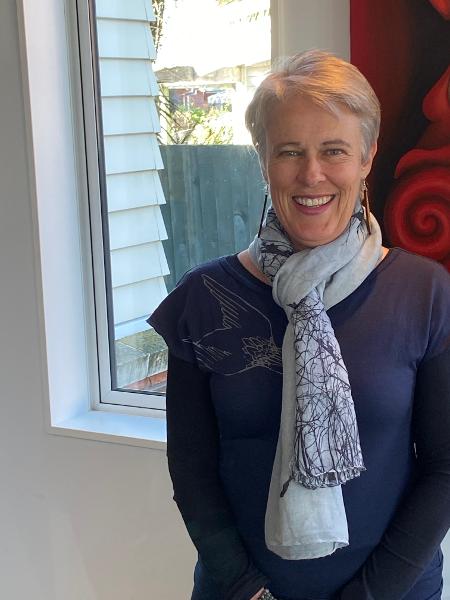Midwives: Part Of A Vital Climate Solution - International Day of the Midwife Is This Sunday
Midwives may not be the first profession you think of when it comes to climate change but in a climate crisis they are an essential part of the emergency healthcare response.
This year for International Day of the Midwife (IDM), on May 5th, midwives will be celebrated as 'A Vital Climate Solution’.
As we are increasingly experiencing the environmental effects of climate change, ensuring access to essential services and expertise must be a priority.
Globally, healthcare services emit around 5% of greenhouse gases. By offering *continuity of care in communities, midwives reduce the need for avoidable travel to health facilities, thereby cutting the carbon footprint of healthcare while ensuring accessibility.
Additionally, evidence shows that midwifery care leads to optimal and safe outcomes by using fewer resources, resulting in less medical waste and a reduced ecological footprint.
College of Midwives Chief Executive, Alison Eddy, says there must be better investment and planning to integrate midwifery care into health system preparedness for climate resilience.
“Midwives are a vital solution in adapting health systems to climate change. We are often the first to get to women and whānau following extreme weather events and we know the vulnerable parts of the community and the areas that will have access issues. It’s absolutely key that we are involved at a strategic level in the planning for such events. As health professionals, midwives have invaluable knowledge and provide an important voice in the area of contingency planning,” she says.
There have been numerous examples of midwives “stepping up and not missing a beat” when it comes to challenging situations resulting from climate change and unprecedented events.
The College highlighted some of these in their June 2023 edition of Midwifery News following the Auckland Anniversary flooding and Cyclone Gabrielle which saw midwives across the affected regions use their expertise as well as community knowledge and connections, to ensure the ongoing care of pregnant women, women in labour, new mums and babies.
“Midwives are a vital part of the climate solution. This year on the International Day of the Midwife, we call for investment, resources, and a seat at emergency planning decision-making tables to include midwifery care as a cornerstone of health system preparation for climate resilience. This will help to create a healthier planet and healthier communities,” says Ms Eddy.
-Ends-
* In the maternal and newborn care setting, midwife-led continuity of care refers to a model whereby care is provided by the same midwife, or small team of midwives, during pregnancy, labour and birth, and the postnatal periods with referral to specialist care as needed.

